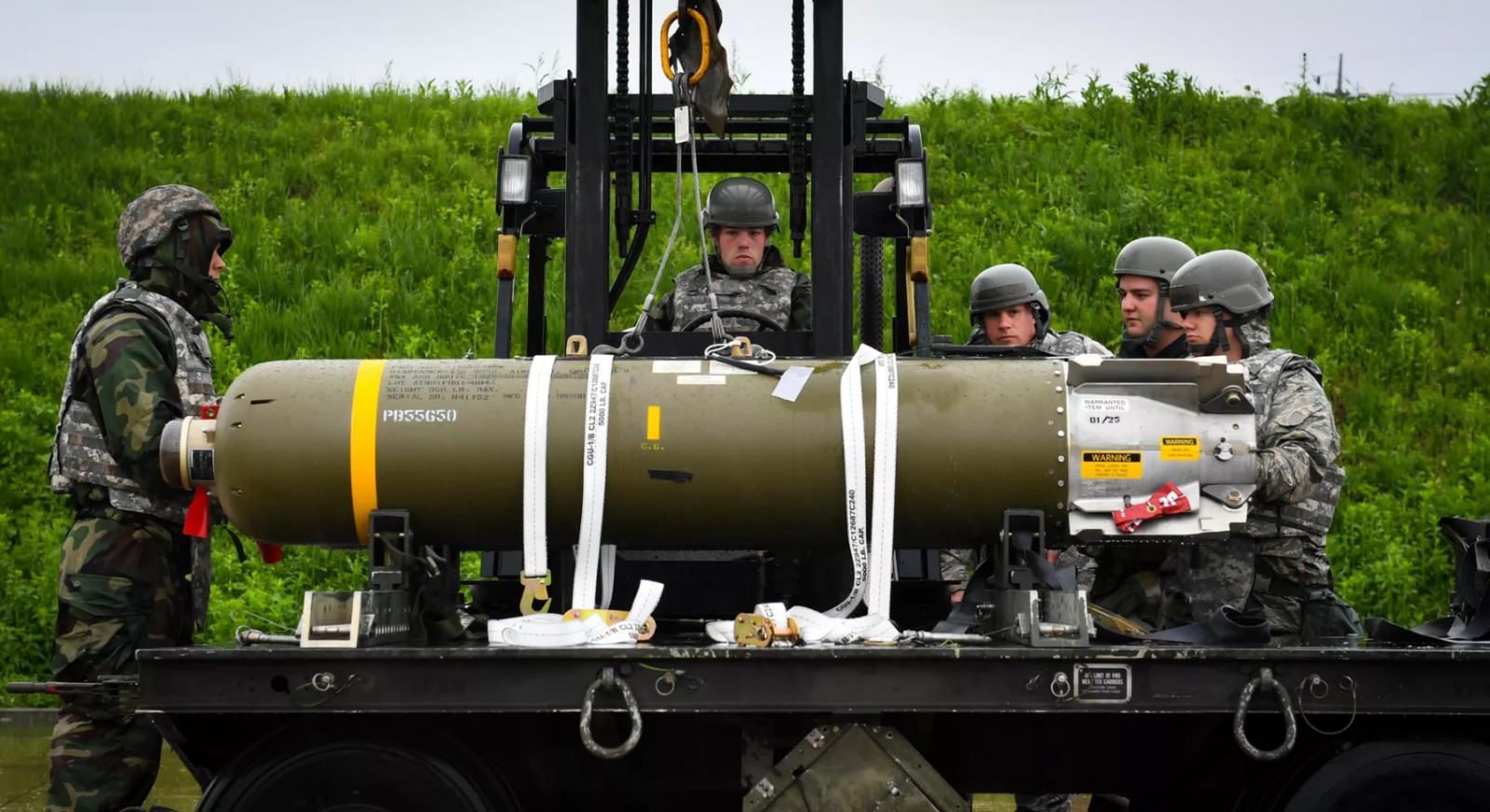Cluster Munitions Return: Europe Changes the Rules of the Game

Not long ago, cluster munitions were considered "outlawed weapons" across most European capitals. Today, the situation is changing rapidly.
Amid the ongoing conflict in Ukraine and the growing threat from Russia, Europe is witnessing a surge in calls to reconsider bans on the use of cluster munitions. Once condemned for the high risks they posed to civilians, these weapons are now seen as a necessary tool to counter Russian air defense systems.
Lithuania became the first to break ranks, officially announcing its withdrawal from the Convention on Cluster Munitions. According to Lithuanian officials, modern threats demand a reassessment of old norms. “Our duty is to ensure the security of our people, even if it requires controversial measures," said Lithuania’s defense minister in a special statement.
Unlike traditional shells, cluster munitions disperse dozens or even hundreds of smaller submunitions over a wide area. This makes them especially effective against dense concentrations of equipment, fortified positions, and — crucially — sophisticated air defense systems like Russia’s S-400.
Military experts argue that traditional high-precision missiles are too expensive and limited in quantity to effectively suppress air defenses across a broad front. Cluster munitions allow for a "carpet strike," damaging radars, launchers, and mobile air defense units.
"These munitions could fundamentally shift the balance of power on the battlefield," says European military analyst Tobias Müller. "Without effective air defenses, Russian forces would be significantly more vulnerable to air strikes."
The decision to reconsider the ban has triggered sharp criticism from human rights organizations. They remind that unexploded submunitions from cluster bombs often remain a deadly threat to civilians for years or even decades after the fighting ends.
"Using cluster bombs is a step backward," said Amnesty International. "We risk leaving behind vast death fields for future generations."
Nevertheless, many European states are now balancing between moral concerns and pragmatic military necessity. NATO insiders are already discussing initiatives to develop "smart" cluster munitions with higher self-destruction rates to minimize long-term risks.
Following Lithuania, similar discussions are underway in Poland, Estonia, and Latvia. According to sources, by the end of 2025, a coalition of countries ready to officially reintroduce cluster munitions could emerge.
The world is changing, and so is warfare. Facing a new reality, Europe is searching for ways to survive and prevail — where idealism increasingly gives way to cold calculation.
Singh Bhagat
Military expert, researcher
 Latest news
Latest newsA Shadow over the Russian-Azerbaijani Thaw: What Lies Behind the Arrest of Former Presidential Chief of Staff Ramiz Mehdiyev?
16.Oct.2025
Russia and Syria: A New Chapter in Relations After the Coup
16.Oct.2025
NATO and EU Join Forces to Build a “Drone Wall”
15.Oct.2025
Trump: New bonds of friendship to join Armenia to Azerbaijan
14.Oct.2025
UK to lift its arms embargo on Armenia, Azerbaijan
14.Oct.2025
Russia Opens New Criminal Case Against Opposition Figure Khodorkovsky
14.Oct.2025
Expert analysis by Tigran Khzmalyan: If Pashinyan wins again, Armenia will fall completely under Russia’s influence
14.Oct.2025
The Kremlin Warns the West of Dangerous Escalation: U.S. Plans to Supply Tomahawk Missiles to Ukraine
12.Oct.2025
Moscow Admits Guilt for Downing Azerbaijani Plane: Putin and Aliyev Show “Mutual Understanding of Authoritarian Allies”
10.Oct.2025
Kazakhstan to Fully Transition to Digital Governance: Tokayev Announces Creation of New Ministry
10.Oct.2025

 20 Oct 2025
20 Oct 2025








